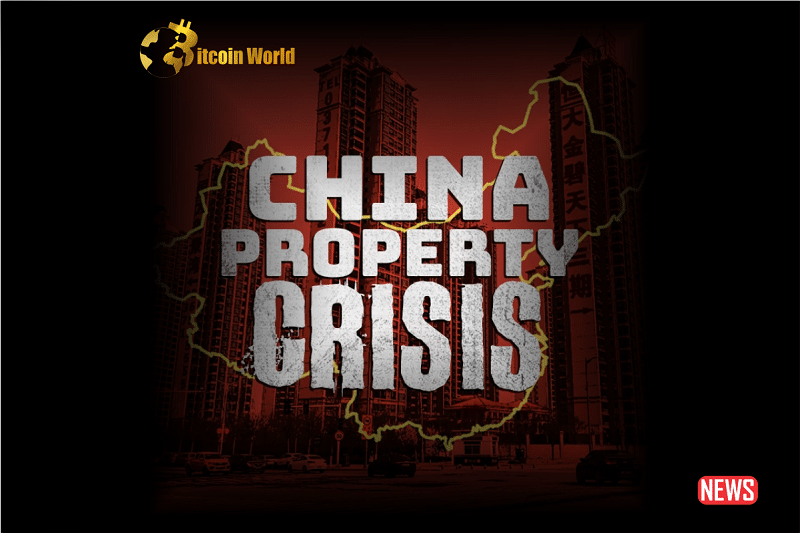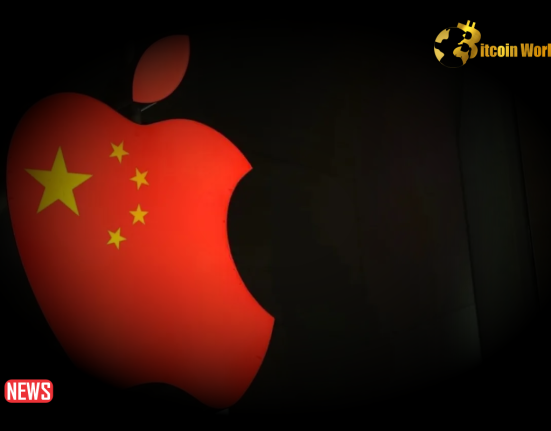China’s real estate market remains a focal point of global economic anxieties, with recent surveys painting a grim picture of its potential impact on the worldwide economy. Though somewhat anticipated, the aftermath of Evergrande’s 2021 turmoil has paved the way for a fresh wave of concerns, particularly surrounding Country Garden, another real estate giant.
According to a recent Bank of America survey, the ratio of respondents worried about China’s property sector more than doubled in September, rising to 33% from the previous month. Evergrande’s default, while not entirely unexpected given its decade-long crisis, sent shockwaves through global financial markets, triggering widespread concerns.
However, Country Garden, a more reputable player in the Chinese property market, has encountered unexpected challenges this year. Housing oversupply and diminishing speculative buying have played a role in undermining its stability.
Recently, the firm faced a severe liquidity test as a $500 million, 6.15% bond maturing in September 2025 came due, with the company struggling to pay $15 million in interest associated with the bond. In August, it missed $22.5 million in coupon payments linked to two bonds but met the obligations within the grace period.
Chinese authorities implemented various measures to bolster the real estate market, leading to a temporary resurgence in property transactions. However, this rally now appears to be fading, as reported by Bloomberg. In Beijing, for instance, existing home sales plummeted from 2,600 to 1,700 units in just a week, marking a significant 35% decrease.
The downward trend extends to newly constructed homes sold by developers, with Moody’s Investors Service revising its sector outlook to negative, projecting a 5% decline in contracted sales over the next six to 12 months, partly attributable to the Country Garden crisis.
Simultaneously, China’s broader economic landscape displays cracks, including plummeting wages in major cities like Beijing and Shanghai, a tech sector in crisis, declining hiring rates, and a surge in youth unemployment – all indicative of the country’s economic challenges.
The weak property market, declining exports, and subdued consumer spending have contributed to an economic slowdown, forcing economists to lower their GDP growth expectations for the year. As seen in previous downturns, the government’s reluctance to implement large-scale stimulus measures aims to avoid further debt accumulation but has hindered recovery efforts.
Looking beyond China’s borders, the property crisis may have international repercussions. China’s deep integration into the global financial system means that international banks, institutional investors, and multinational corporations could face significant exposures to China’s real estate sector, directly through investments or indirectly through interconnected supply chains.
The potential domino effect of a major player’s stumble, such as Evergrande, could ripple through international markets, impacting global credit markets, tightening lending standards, and reducing liquidity. This may exacerbate global supply chain issues, increasing business costs worldwide.
Furthermore, foreign investors hold substantial amounts of Chinese corporate bonds, making them vulnerable to defaults by major players in China’s real estate sector. These defaults could also reverberate in markets linked to China’s property giants, including raw materials markets.
On the global stage, US President Joe Biden speculates that China’s economic strains might deter aggressive actions toward Taiwan, further highlighting the far-reaching consequences of China’s real estate turmoil on the global geopolitical landscape.
In conclusion, the challenges facing China’s real estate market have evolved beyond Evergrande and now include other significant players like Country Garden. These issues and broader economic challenges can disrupt China’s domestic stability and the global economic landscape. Policymakers and investors worldwide are closely watching these developments, knowing that what happens in China’s real estate market will have far-reaching implications.














